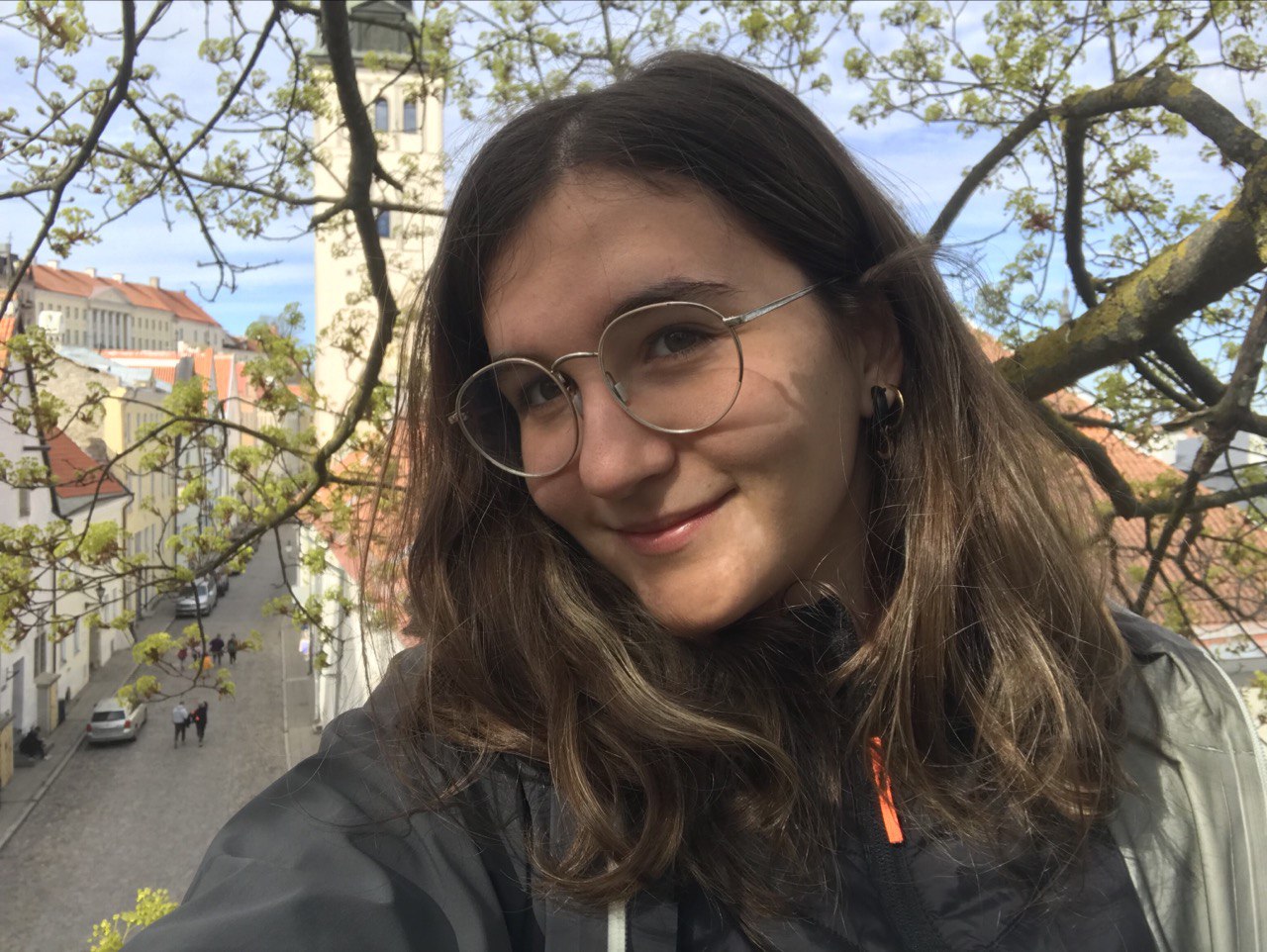Self-exciting temporal point processes: a deep dive into the statistics of Hawkes processes
This is a short course of the Mathematics for daTa scieNce study plan
 |
|
Bio
I am a research assistant in the Complex Human Behaviour Lab from Digital Society department in Bruno Kessler Foundation and a visitor in AALTO university (Helsinki, Finland). I have a Bachelor degree in Mathematics (2019-2022) and a Master degree in Mathematics for Data Science (2022-2024) from the university of Trento. Under the supervision of Prof. Claudio Agostinelli (UNITN), Prof. Mikko Kivelä (AALTO) and PHD Letizia Iannucci (AALTO), I started my master's thesis research in AALTO university and, once back, continued in Fondazione Bruno Kessler with the supervision of Researcher Riccardo Gallotti (FBK). In October 2024, I graduated with a thesis entitled "Marked Temporal Point Processes for simulating and capturing coordinated behaviour campaigns: A model for enhancing disinformation detection". My research interests include statistics, machine learning and mathematical models, and employing these subjects to investigate real-world phenomena, especially in the context of disinformation and coordinated inauthentic behaviour.Course Description
In our increasingly data-driven world, understanding temporal patterns has become essential. From the ebb and flow of financial markets to the viral spread of social media trends, from the unpredictable nature of seismic activity to the intricate firing patterns of neurons in the brain, events unfold over time, often influencing and being influenced by one another. This course delves into the the captivating world of Hawkes Processes, a powerful tool to model and analyze such intricate temporal dynamics.
In these lectures, I will guide you through the foundamental concepts of temporal point processes and their characterisation of their conditional intensity function. Then, I will introduce the concept of Hawkes process, starting with its definition and its statistical properties, and moving to the parameter estimation via the maximum likelihood estimation and the expectation maximisation algorithm. Next, I will give an overview of marked temporal point processes, an extension of temporal point processes carrying additional information of events’ occurence. Then, we will conclude the discussion with mutually-exciting Hawkes processes, systems where different types of events mutually trigger each other, capturing the essence of self-reinforcing dynamics.
List of topics
- Temporal point processes and the conditional intensity function
- Hawkes process (definition, properties, maximum likelihood estimation and the EM algorithm)
- Marked temporal point process
- Mutually exciting Hawkes process
References
- Hawkes, A. G. (1971). Spectra of some self-exciting and mutually exciting point processes. Biometrika, 58(1), 83-90.
- Laub, P. J., Taimre, T., & Pollett, P. K. (2015). Hawkes processes. arXiv preprint arXiv:1507.02822.
- PJ Laub, Y Lee, T Taimre (2021) The elements of Hawkes processes. New York: Springer.
- Daley, D. J., & Vere-Jones, D. (2003). An introduction to the theory of point processes: volume I: elementary theory and methods. New York: Springer.
Schedule
- Wednesday 4 December 2024, 16.30-18.00 room A209
- Thursday 5 December 2024, 09.00-10.30 room A219
Details
- Venue: Polo Scientifico e Tecnologico F. Ferrari
- Language: English
- The participation is free. Please send an email to Prof. Claudio Agostinelli to confirm your participation.
- For further information, please contact Prof. Claudio Agostinelli